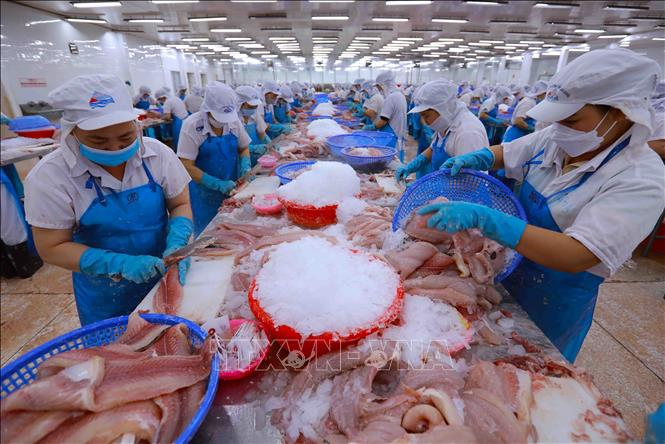 |
Improving product quality, ensuring food safety and transparency in traceability are more urgent than ever. (Photo: Vu Sinh/VNA) |
However, in the context of uncertainty, especially with the US expected to review the reciprocal tax after 90 days, improving product quality, ensuring food safety and transparency in traceability are more urgent than ever. These are considered key factors to achieve the export turnover target of 65 billion USD, striving to reach 70 billion USD this year.
The Ministry of Agriculture and Environment has set out an action plan with 8 key tasks to achieve the above target and the industry's total added value reaching 4% or more. In particular, improving competitiveness, expanding exports to potential markets and ensuring strict standards from international markets are the consistent orientations.
One of the important and mandatory requirements from many major markets such as the US, EU, China, Japan, Korea, etc. is to fully implement regulations on traceability, labels, growing area codes, packaging facility codes, quarantine standards and product quality. Meeting these requirements not only helps Vietnamese goods to be more convenient when exporting but also contributes to enhancing the reputation and brand value of Vietnamese agricultural products in the global market.
In the context of the US market's potential tax risks, many Vietnamese enterprises have proactively adjusted their strategies, taking advantage of the time to boost delivery during the tax suspension period and actively expanding to other markets such as the EU, Japan, Korea, the Middle East, etc. The Ministry of Agriculture and Environment also determined that promoting trade promotion, opening markets, negotiating to remove technical barriers, trade barriers and opening official export channels for more agricultural products to traditional markets and new markets with great potential with the motto of diversifying products and diversifying markets, contributing to gradually reducing informal exports across the northern border.
Among the new markets, Brazil is emerging as a strategic destination, especially for seafood products such as pangasius. Previously, Brazil's strict standards on additives and phosphates had caused many obstacles for Vietnamese businesses. However, the country's consideration of adjusting its standards in line with international practices will open up great opportunities. This will not only help reduce inspection costs but also facilitate the export of deeply processed products such as breaded pangasius, thereby contributing to diversifying the portfolio and increasing export value.
Along with market opening solutions, the agricultural sector is also promoting the reorganization of production towards large-scale, concentrated production, improving quality and meeting technical standards. Mr. Nguyen Thanh Binh - Chairman of the Vietnam Fruit and Vegetable Association said that in order to penetrate more into demanding markets, Vietnam needs to do better in granting codes for growing areas, packaging codes, quarantine, etc. These regulations are not new, but are prerequisites to affirm the quality and transparency of products.
Not only agricultural products, the Vietnamese wood industry is also facing higher requirements for raw material origin management. Many large wood importing countries such as the United States, the EU, Japan, South Korea, etc. have been applying legal regulations to ensure the legality and sustainability of products. In particular, the EU Deforestation Reduction Regulation (EUDR) will officially take effect at the end of 2025 for large companies and 2026 for small businesses, requiring businesses to invest in digital transformation, transparent traceability systems and sustainable forest certification.
Vietnam currently exploits about 22 - 23 million m3 of planted forest wood each year, with more than 500,000 hectares of forest certified by FSC or PEFC and aiming to reach 1 million hectares certified by 2030. The deployment of modern traceability technology, combined with supply chain management according to green standards and sustainable development, will help increase the competitiveness of Vietnamese wood.
Along with that, the building of the “Vietnamese agricultural products” brand is being focused on to enhance the value and image of products in the international market. Minister of Agriculture and Environment Do Duc Duy said that the Ministry is researching and developing a Decree on agricultural product brands, creating a legal foundation for the protection and development of key products. This is not only a story of quality, but also a long-term strategy to position Vietnamese agricultural products on the world export map.
The Ministry of Agriculture and Environment also develops a set of criteria for market classification, determines export targets by sub-sector, sector and market, especially markets with great potential; develops reports on agricultural export markets, and solutions to respond to changes related to taxes, origins, technical standards, etc. in the US, EU and Chinese markets.
As the world increasingly pays attention to sustainability, safety and transparency, systematic investment in product quality, traceability and branding is the key for Vietnamese agriculture, forestry and fishery products to successfully conquer markets and achieve a solid position globally.
According to Tin Tuc Newspaper
https://baotintuc.vn/kinh-te/tang-toc-dua-xuat-khau-nong-lam-thuy-san-dat-65-ty-usd-20250418113011156.htm
Source: https://thoidai.com.vn/tang-toc-dua-xuat-khau-nong-lam-thuy-san-dat-65-ty-usd-212747.html



![[Photo] The Government Standing Committee works with ministries and branches on the real estate market situation.](https://vphoto.vietnam.vn/thumb/1200x675/vietnam/resource/IMAGE/2025/5/24/e9b5bc2313d14c9499b8c9b83226adba)

![[Photo] Ho Chi Minh City holds funeral for former President Tran Duc Luong](https://vphoto.vietnam.vn/thumb/1200x675/vietnam/resource/IMAGE/2025/5/24/9c1858ebd3d04170b6cef2e6bcb2019e)


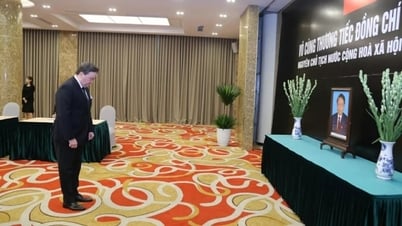
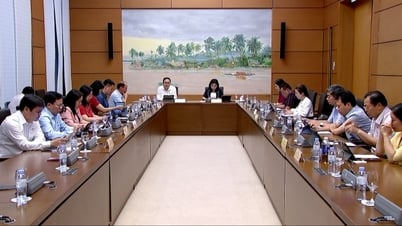



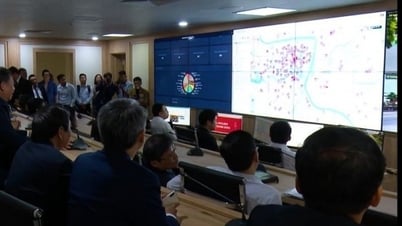




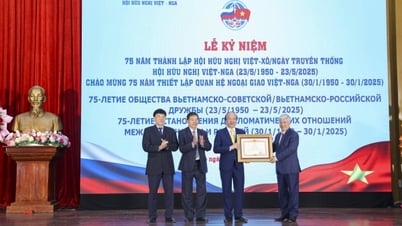



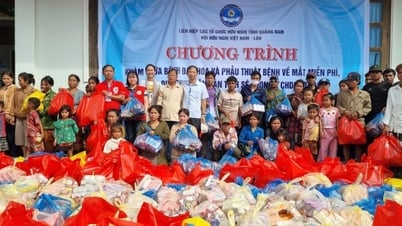

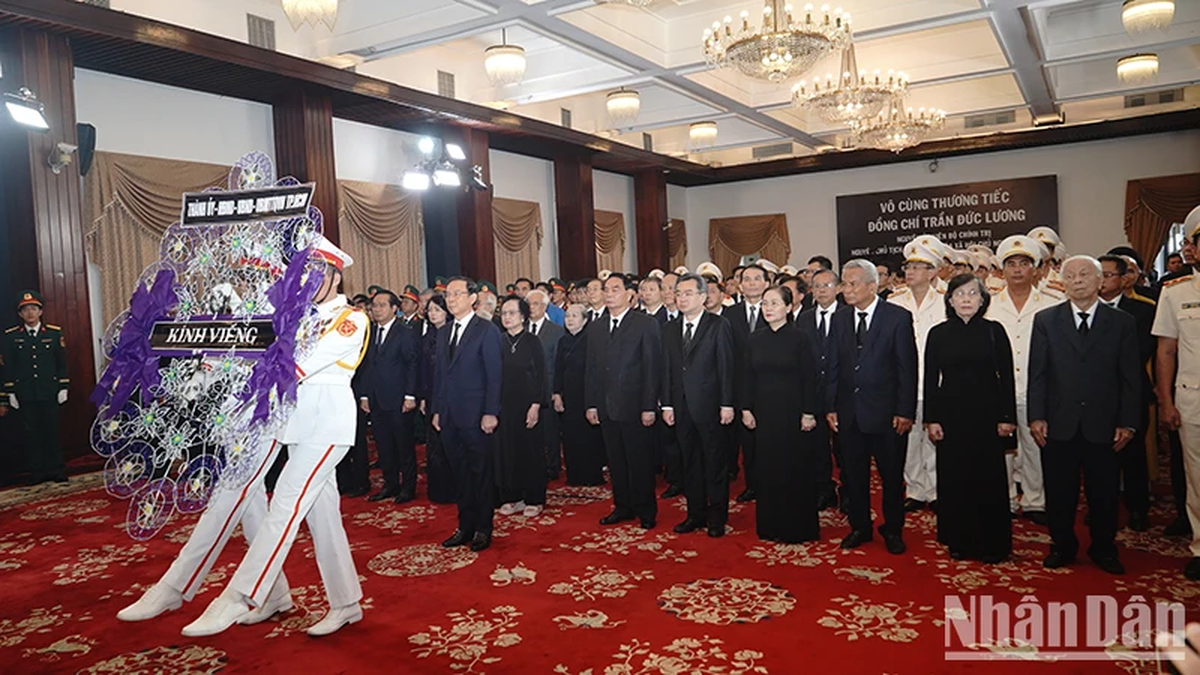
![[Photo] Party and State leaders visit former President Tran Duc Luong](https://vphoto.vietnam.vn/thumb/1200x675/vietnam/resource/IMAGE/2025/5/24/960db9b19102400e8df68d5a6caadcf6)
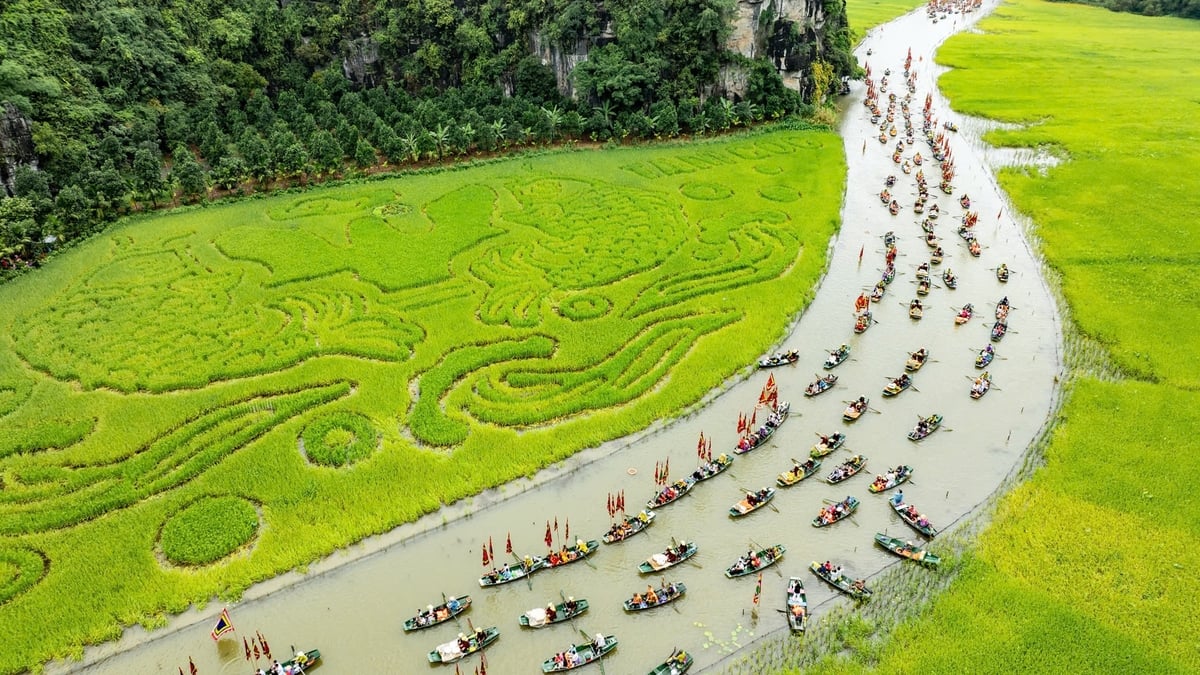
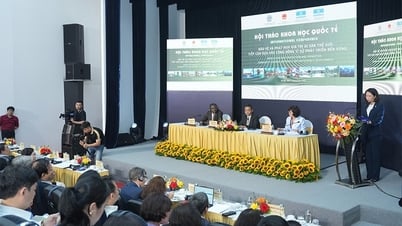



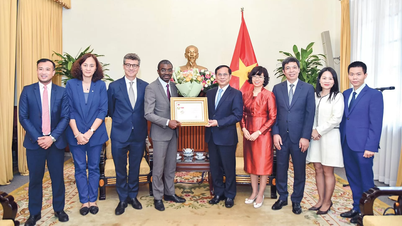











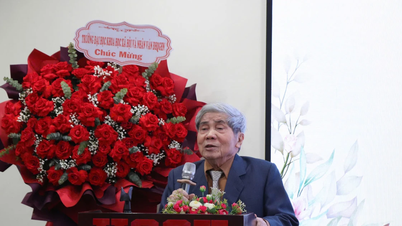
















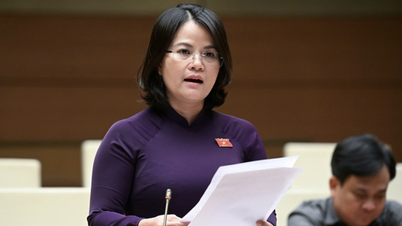
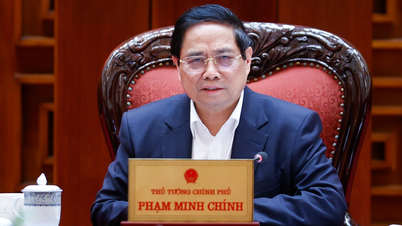
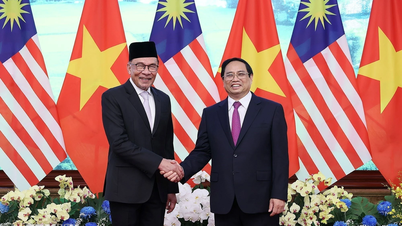









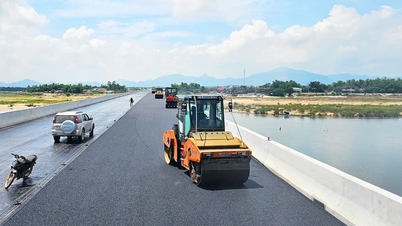






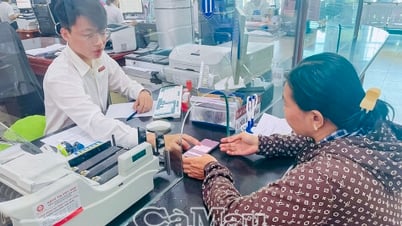












Comment (0)